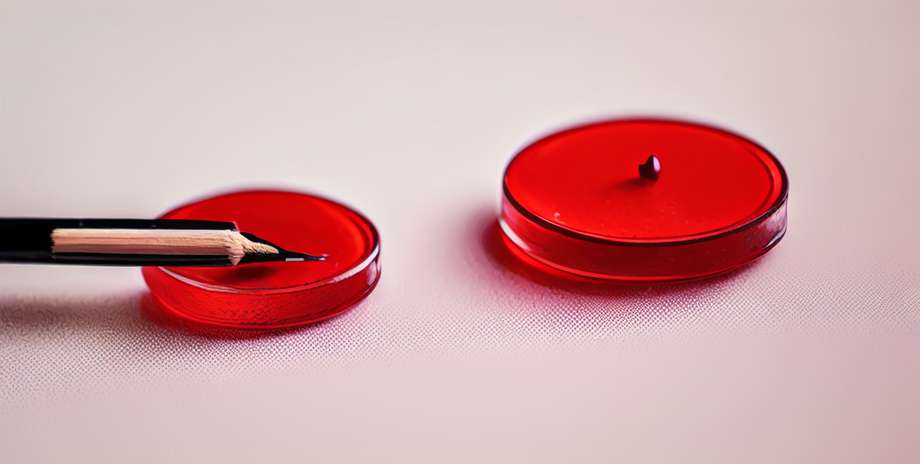Drugs and psychoses could be united
April 2024

Today it is possible to halve the number of deaths from cervical cancer (CCU) if the vaccine is applied. human papilloma virus (HPV) to adolescents from 12 to 16 years old and new methods are used to diagnose precancerous lesions with greater speed and efficiency.
According to Dr. Carlos Aranda, head of the Oncology Service of the National Institute of Perinatology of Mexico, the vaccine, even, "can reduce the incidence of cervical cancer in 70% ". Of the more than 200 types of human papilloma viruses that are known, only 40 affect the female reproductive system and, of these, 15 may be the main cause of CCU.
The types of papilloma are classified by number: the 16, 18, 31, 45, 33, 58, 35, 59, 51, 56, 39, 72 and 82 are related to the sexual contact ; of these, viruses 16 and 18 are the most serious. According to official data from the International Agency for Research on Cancer (IARC, for its acronym in English), HPV 16 is the cause of 50 to 60% of cases of CCU in the world and HPV 18 is 10 to 12 %.
Effectiveness of HPV vaccines
Despite some doubts that exist regarding the effectiveness of the vaccine against the human papillomavirus, the international scientific community recently endorsed its use for its very high security and effectiveness.
According to the results of the largest clinical study conducted so far and involving 18 thousand 664 women from 14 countries in the world, between 15 and 25 years of age, the vaccine has been shown to be effective and safe in 98%. The conclusions of this extensive investigation were published in July last year by the prestigious medical journal "The Lancet”.
It has been proven that vaccines are effective only if they are administered before the HPV infection, so it is recommended that they be applied before the person is sexually active. Both approved vaccines by the American agency Food and Drug Administration (FDA, for its acronym in English), are Gardasil and Cervarix , the first for use in women from 9 to 26 years of age, and the second for women from 10 to 25 years.
According to the laboratory that commercializes them (Merck), the first is highly effective in men in the prevention of genital warts caused by HPV6 and HPV11, the two types of viruses that cause most of these tumors benign
In addition to the benefits that exist in the prevention of CCU in women and the prevention of warts in women as in men, there may be additional benefits of vaccination, such as a possible reduction in the risk of suffering from cancer of the anus, oropharyngeal cancer in men and women, as well as the penis.
For both those who have been vaccinated and those who have not, it is important to continue screening for cervical cancer. According to data from the Ministry of Health, every year more than 5,000 Mexicans die because of this disease. An approximate calculation of the health authorities foresees avoid death of 3 thousand 500 Mexicans a year, as long as the use of the vaccine is extended and it does not substitute other tests.
The vaccine "does not replace diagnostic cytologies such as the Pap test, women who receive the vaccine against cervical cancer should continue with this test as a diagnostic process," added Dr. Aranda.